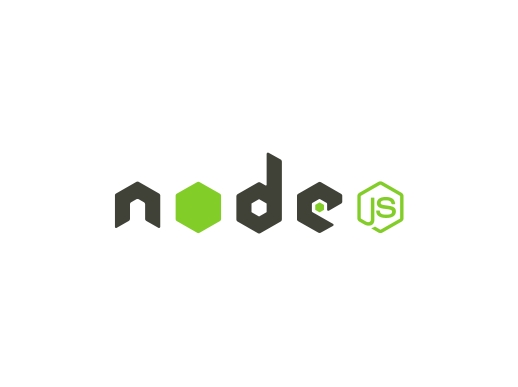

Node.js offers a compelling combination of JavaScript ubiquity, scalability, performance, a rich ecosystem, efficiency, and community support. These factors make it a good choice for building a wide range of applications, ranging from small-scale projects to large-scale, high-traffic systems.
Python is very easy to read. Also python is powerful. As Django is implemented in python it provides vast support in backend while compromising nothing in frontend.
Django Python is developed for web developers to solve the common issues and problems that developers come across with. Django Python comes with a lot of functionality. Due to the Django framework, developers get to enjoy the fun part of developing.
Django uses the MTV architecture which makes the whole system of transmitting over the internet easier and faster. Django servers handle things pretty well and also maintain the speed.
There are very few possibilities of security loopholes in Django as it is made by the world's best developers. Also in the user authentication system the security is very high.
The Django framework is developed in a way that it takes care of any kind of hardware applications.


Node.js is a popular runtime environment for executing JavaScript code outside of a web browser. It offers several advantages that make it a preferred choice for many developers. Here are some reasons why Node.js is widely used: JavaScript Everywhere Node.js allows developers to use JavaScript for both client-side and server-side development. This unifies the programming language across different components of an application, making it easier to share code and expertise between the front-end and back-end. Non-blocking I/O Node.js is built on an event-driven, non-blocking I/O model. This means that it can handle a large number of concurrent connections without getting blocked, which improves the scalability and performance of applications, particularly those that involve real-time communication or heavy I/O operations. NPM Ecosystem Node Package Manager (NPM) is a package manager for Node.js, providing a vast ecosystem of open-source libraries and modules. NPM allows developers to easily integrate third-party packages into their applications, speeding up development and enabling code reuse. Fast Execution Node.js is based on the V8 JavaScript engine developed by Google, which is known for its high performance. V8 compiles JavaScript into optimized machine code, resulting in faster execution speeds compared to traditional interpreted languages. Lightweight and Scalable Node.js has a small memory footprint and is designed to be lightweight. It is suitable for building microservices or distributed systems that need to handle a large number of requests efficiently. It also supports horizontal scaling by allowing the deployment of multiple instances of Node.js applications across multiple servers. Community and Support Node.js has a large and active community of developers, which means there are abundant resources, tutorials, and forums available for support. The community actively contributes to the development of frameworks, libraries, and tools that enhance the Node.js ecosystem.